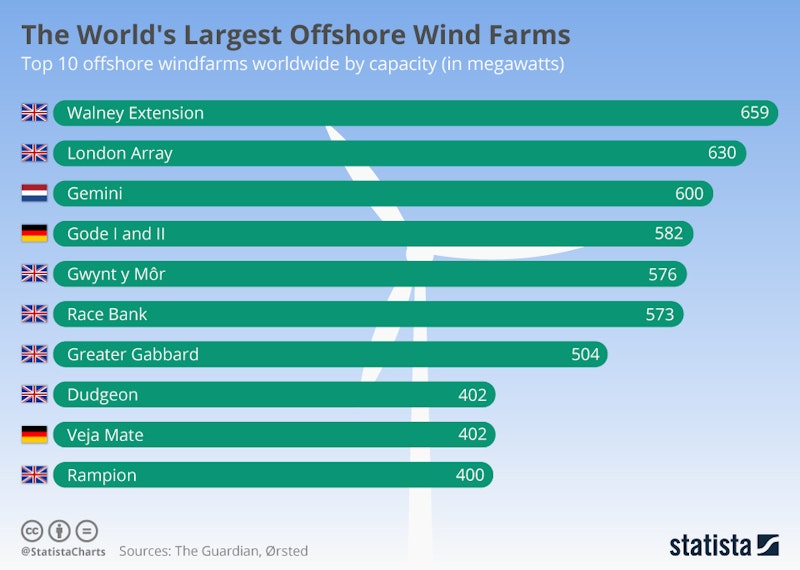Study Notes
Policies to encourage Renewable Energy
- Level:
- GCSE, AS, A-Level, IB
- Board:
- AQA, Edexcel, OCR, IB, Eduqas, WJEC
Last updated 3 Jul 2020
Here is a summary of interventions / strategies to encourage an expansion in the supply-side capacity of the UK renewable energy industry.


Policies include:
- Minimum carbon price floor for emissions trading
- Feed in tariff schemes for solar and biomass
- Regulating emissions limits for power plants
- Relaxation of planning restrictions for onshore wind farms
- Interest-free loans for purchase of renewable energy equipment
- Regulations requiring new homes to have solar panels installed (introduced in California in 2018)
Good news 🔆: Innovation and economies of scale have cut the cost of solar power by 85% since 2009 and costs are expected to continue dropping, by up to 66% by 2040. https://t.co/PVctlpHIKP #OnePlanet pic.twitter.com/WJTPVhnw0t
— World Bank (@WorldBank) December 10, 2017
Smart grids for East Africa. Ethiopia, Kenya, Rwanda, and Uganda have all shown interest in this latest technology that integrates electricity from all a country's sources (solar, hydro, wind, etc.), moves where needed, cutting waste and avoiding outages. https://t.co/RZixmqzcCM pic.twitter.com/8bbIGz51ef
— James Hall (@hallaboutafrica) March 29, 2018
-
4
Synoptic Revision Mats
Resource Collection
You might also like
Climate Change Coal and Intervention
30th May 2015
Progressive effects of low carbon drive
16th March 2017
Energy Price Cap - Analysis and Evaluation Arguments
Exam Support
Resource Scarcity
Topic Videos

Tidal Power - Costs Ebb and Reliability Flows
24th November 2022